|
|
|

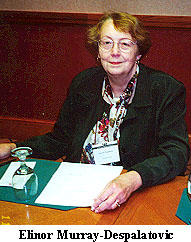 clash between two cultures. The Croatian government and the urban intelligentsia sought through free and compulsory elementary education to create modern Croatian citizens. This meant awakening the pupils to nationalism through study of their national history and culture, substituting modern science for belief in witches and magic, teaching them to work efficiently in a money economy, and training them to follow the lead of the "distinguished" members of their nation.
clash between two cultures. The Croatian government and the urban intelligentsia sought through free and compulsory elementary education to create modern Croatian citizens. This meant awakening the pupils to nationalism through study of their national history and culture, substituting modern science for belief in witches and magic, teaching them to work efficiently in a money economy, and training them to follow the lead of the "distinguished" members of their nation. 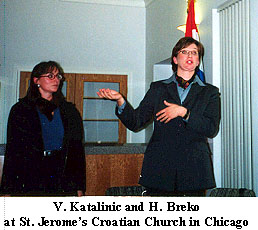 The 1566 Siege of Siget and Nineteenth-Century Opera" by Vjera Katalinic (Institute for the History of Croatian Music, Croatian Academy of Sciences and Arts), and "Musical Life in Nineteenth-Century Rijeka" by Lovorka Ruck (Ivan Matetic Ronjgov High School for Music, Rijeka). Maja Trochimczyk (University of Southern California) was the discussant. All three papers included mention of Ivan Zajc, a central musical personality in nineteenth-century Croatia.
The 1566 Siege of Siget and Nineteenth-Century Opera" by Vjera Katalinic (Institute for the History of Croatian Music, Croatian Academy of Sciences and Arts), and "Musical Life in Nineteenth-Century Rijeka" by Lovorka Ruck (Ivan Matetic Ronjgov High School for Music, Rijeka). Maja Trochimczyk (University of Southern California) was the discussant. All three papers included mention of Ivan Zajc, a central musical personality in nineteenth-century Croatia. 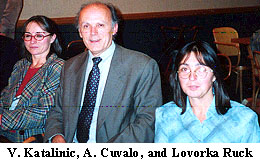 was the discussant, and drew many parallels between the two papers.
was the discussant, and drew many parallels between the two papers. 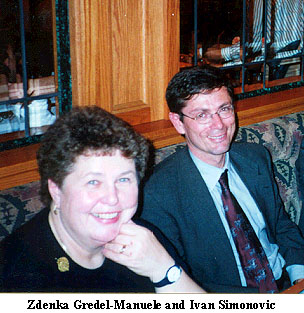 book for their personal and/or school libraries.
book for their personal and/or school libraries. 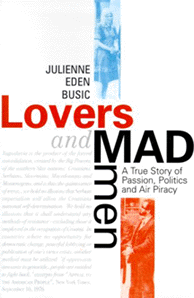 Incorporated. Date: August 2000; p.400. Price: $18.95. ISBN: 0595007589
Incorporated. Date: August 2000; p.400. Price: $18.95. ISBN: 0595007589